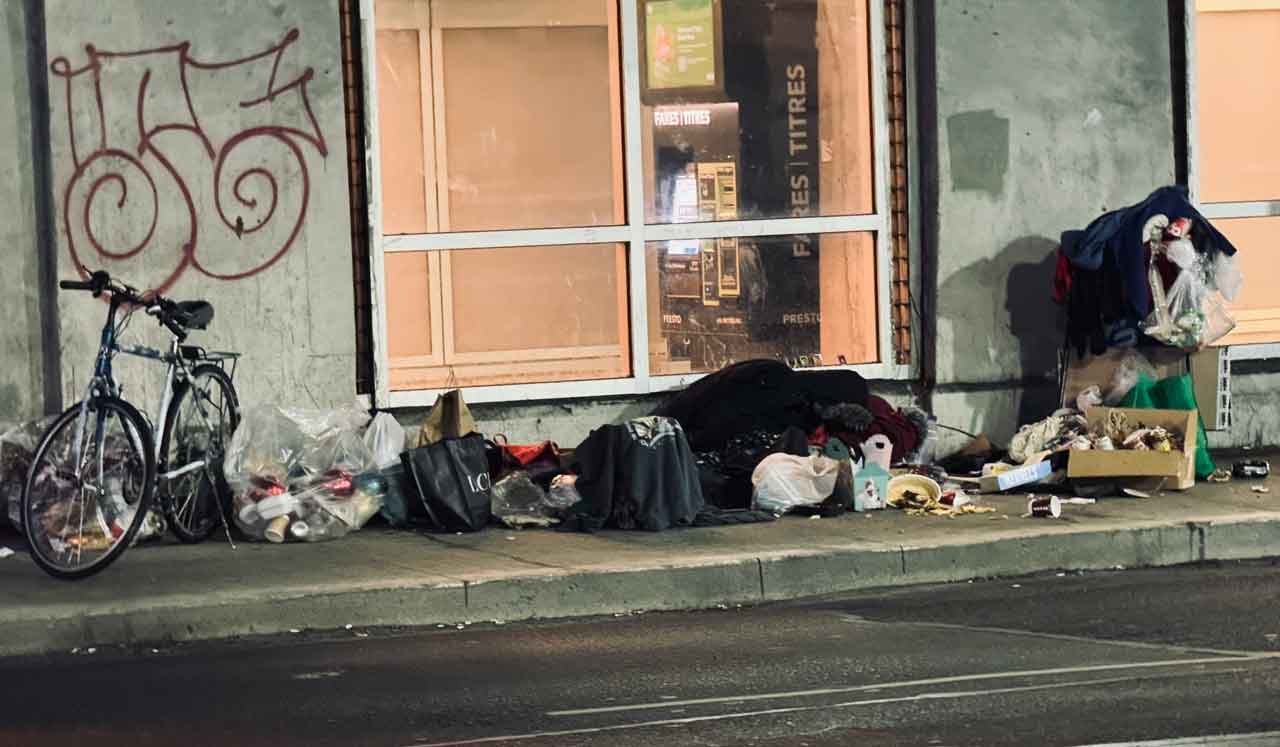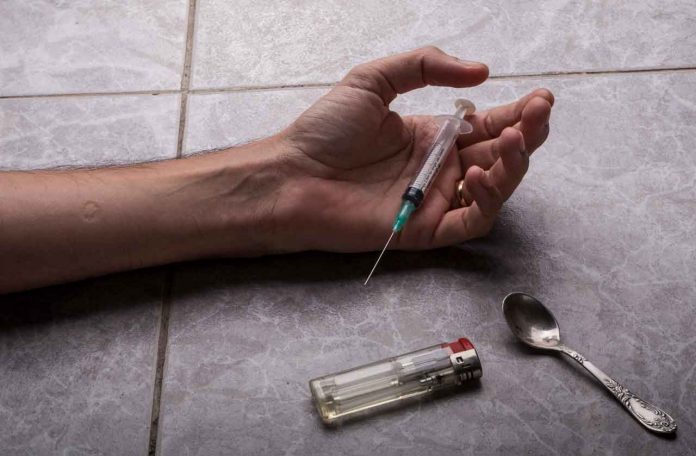TORONTO – HEALTH – Toronto Public Health (TPH) has released preliminary data for 2023, revealing a significant rise in opioid toxicity deaths. The figures show 523 deaths, marking a 74% increase from the 301 deaths reported in 2019. This alarming trend underscores the severity of the drug toxicity crisis that escalated during the COVID-19 pandemic.
Key Findings from the 2023 Report:
- Demographics: Nearly half of the deaths occurred in individuals aged 25 to 44.
- Residences: 54% of these individuals resided in private dwellings.
- Locations: 39% were at home at the time of their death.
The unregulated drug supply is becoming increasingly toxic, contaminated with dangerous substances. This year, TPH issued four alerts to inform the public and harm reduction organizations about toxic drugs, suspected overdoses, and crucial safety information.

Mayor Olivia Chow states, “The increased risks of the toxic unregulated drug supply, coupled with the housing and affordability crisis, pose a serious threat to community health and wellbeing. Treatment is vital. We need the support and participation of all three levels of government to significantly reduce the devastating impact of the drug toxicity epidemic in Toronto and across Ontario.”
Dr. Eileen de Villa, the Chief Medical Officer of Health reports”The continued loss of life to the ongoing drug toxicity epidemic is devastating and has left a profound and painful impact on so many of us in our community. This is more than a public health issue – it’s a human tragedy that demands we respond with empathy, care, and compassion.”
Preventive Measures and Services:
Overdoses and deaths due to drug toxicity are preventable. Supervised Consumption Services (SCSs) offer a safe environment for drug use under the supervision of trained health professionals. Evidence shows that SCSs save lives, connect people to social services, and provide pathways to treatment. Currently, there are 10 sites offering SCSs in Toronto. For more information, including locations and hours of operation, visit the City’s Supervised Consumption Services webpage.
Learn about overdose prevention and how to administer naloxone on the City’s Overdose Prevention & Response webpage.
Councillor Chris Moise adds, “Every life lost to this crisis is not only tragic but also preventable. Increasing funding and access to a wide array of treatment options, including opening a 24/7 stabilization crisis centre, is essential to tackling the drug toxicity epidemic. The coordinated efforts of municipal, provincial, and federal governments are critical to addressing the crisis impacting not only Toronto but Canadians right across the country. This situation demands an immediate and collective call to action for all of us.”







